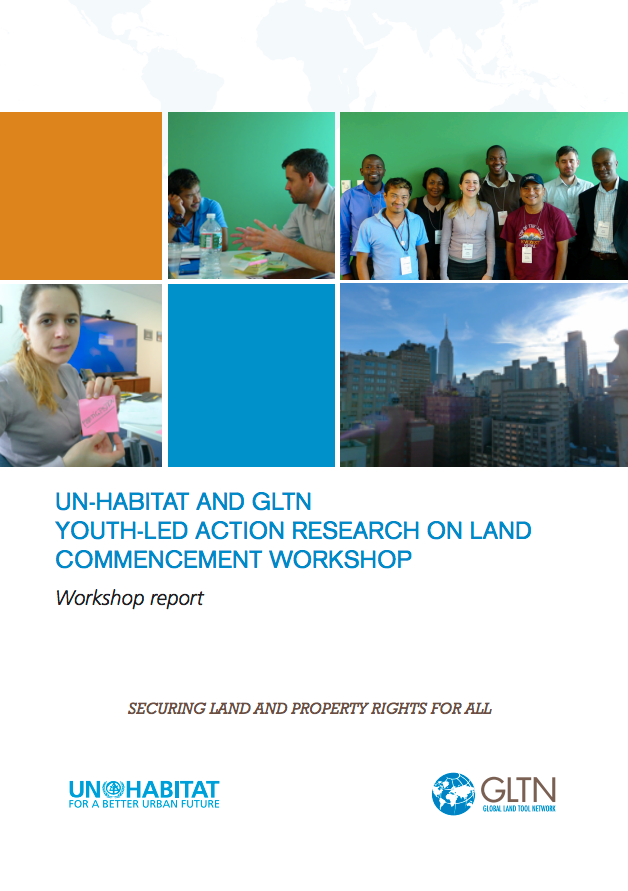IPTRID Inventory on capacity development opportunities for improved irrigated agriculture
The IPTRID programme is a multi-donor trust fund managed by the IPTRID Secretariat as a Special Programme of FAO. The Secretariat is located in the Land and Water Development Division of FAO and draws on a worldwide network of leading centres of excellence in the field of irrigation, drainage and water resources management. IPTRID aims to support capacity development for sustainable agricultural water management to reduce poverty, enhance food security and improve livelihoods, while conserving the environment.


